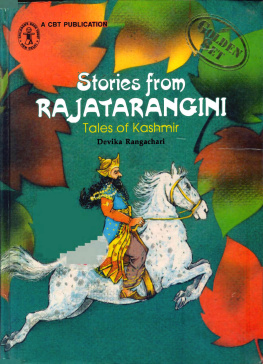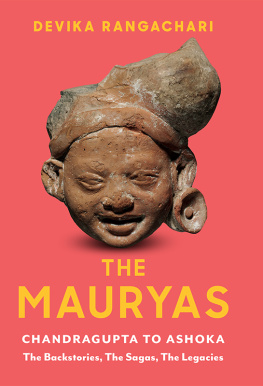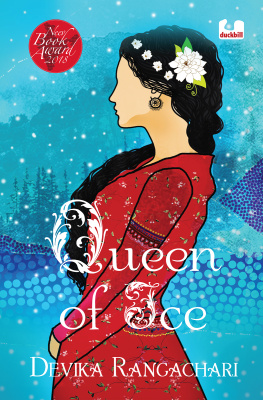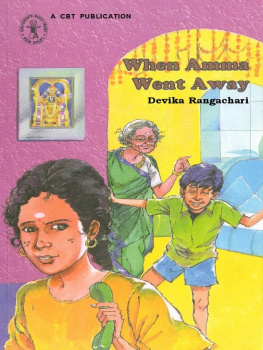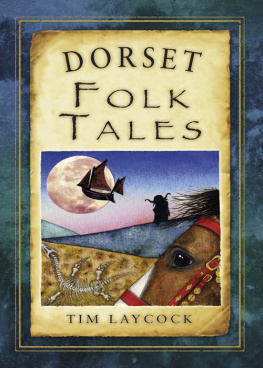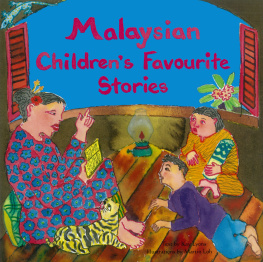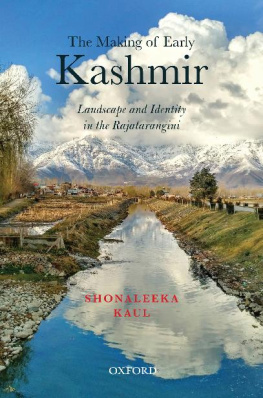| Stories From Rajatarangini: Tales of Kashmir |
| Devika Rangachari |
| Children's Book Trust & Riddler (2001) |
|
| Tags: | Stories, Religion, Hindu, Shaivism, Kashmir, India |
| Storiesttt Religionttt Hinduttt Shaivismttt Kashmirttt Indiattt |
Rajatarangini Means 'River Of Kings'. The Stories Were Written In Verse By Kalhana, A Famous Eleventh-Century Historian-Poet. These Stories Cover Kashmir'S Rich Culture, Traditions And Beliefs.

Stories From
Rajatarangini
Tales of Kashmir

Devika Rangachari
Illustrated by Ajanta Guhathakurta
The other titles by the author, published by CBT, are Whitey and the Monsters, Company for Manisha, Growing Up, When Amma Went Away and short stories 'A Cure for Ravi' in Kaleidoscope, 'Our Next-Door Neighbour' in 22 Short Stories, 'Whose Work Is It?' in Teenage Stories, The Pigeons' in Indian Folk Tales, 'My BrotherThe Writer' in 16 Short Stories and 'A Decision' in 30 Teenage Stories.
Edited by Navin Menon and Nini Gurung
Illustrated by Ajanta Guhathakurta
ePub Re-mastered by Rddler
Text typeset in 13/18 pt. Centurion Old
by CBT 2001 Reprinted 2004
ISBN 81-7011-908-1
Published by Children's Book Trust, Nehru House, 4 Bahadur Shah Zafar Marg, New Delhi-110002
Printed at its Indraprastha Press.
Ph: 23316970-74 Fax: 23721090
e-mail: cbtnd@vsnl.com
Website: www.childrensbooktrust.com
Content
The Story Of Kashmir
T he beautiful land of Kashmir (a), encircled by the snow-clad Himalayas, watered by numerous sparkling springs and lakes, and lush with green vegetation, was born out of a lake.
Long, long ago, this Lake of Sati, as it was known, was charming with its clear water and bright lotuses. The gods often descended from the heaven to sit on its banks.
One day, the nagas (serpent deities of the lake) heard the cry of a newborn child. Rising from the depths of the water, they saw a baby floating on a lotus leaf in the middle of the lake. They gathered around it full of compassion.
"Let us rear this child," said one. "As he was born in the water,we will call him Jalodbhava (water-born)."
As years passed, the infant grew into a young man. "I am not satisfied with my life here," he told the nagas. "I will propitiate Lord Brahma and obtain a boon from him."
The nagas, who had nurtured him with loving care, were perturbed by his ambition. "Why are you discontented?" they asked. "Have we not given you everything you need?"
Jalodbhava was adamant He left the lake and began a severe penance to please Brahma. At long last, Brahma appeared before him. "I am pleased with you, Jalodbhava," he said. "What do you de,sire?"
Jalodbhava bowed before him. "Grant me three boons, O, Lord. I want immortality in the water, magical powers, and also unparalleled prowess."
"So be it," answered Brahma and vanished.
Jalodbhava returned home triumphantly.
Then followed a period of terror for the human beings who lived near the lake. Jalodbhava used magical and other means to trap and devour them. They were forced to flee in fear while he roamed fearlessly in the now-desolate land.
Jalodbhava harassed the nagas too till they left the lake and sought refuge with their king, Nila.
"Do not fear," Nila comforted them. "My father, Sage Kashyapa, is traversing the earth. I will indu,ce him to help us."
Accordingly, Nila went to meet Kashyapa.
"O, father," he said, "there are holy places in the Himalayas as well."
Kashyapa's curiosity was aroused and he accompanied Nila to his land. After visiting some sacred sites, he noticed that the adjoining lands were desolate. "Nila, tell me why this place is deserted," he said, "it was covered with abundant trees and grain once."
Nila bowed his head in grief. "Father, you know that we raised a child in the lakeJalodbhava. He is actually the son of the demon, Sangraha, and has adopted his father's cruel path. The impudent man has obtained boons from Brahma and we can restrain him no longer. He has devoured the entire land and has made it desolate. Help us to stop him."
"Come with me," said Kashyapa and they went to the abode of Brahma.
Vishnu, Shiva and Ananta were also present at the time. When they heard the story, Brahma said, "We will go to subdue this demon and Vishnu will kill him."
The news spread among the heavenly beings. All the gods, goddesses, their spouses with their mothers, the seas and rivers and other divine beings prepared to witness the fight. Vishnu led the way mounted on Garuda. After him went Shiva on his bull, Nandi, along with Parvati, his consort. Brahma went on his swan, Ganga went on her crocodile, Sarayu on her deer, Yamuna on a tortoise, Saraswati on a buffalo and all the rest on their respective mounts.
When Vishnu reached the Naubandhana mountain near the Lake of Sati, he stopped. "Jalodbhava!" called out Vishnu and his voice roared and echoed among the peaks. "Come out of the sacred lake." The demon laughed within the depths of the lake, secure in Brahma's boon.
"He will not come out, 0, Vishnu," said Brahma. "He is imperishable in the water. I have given him this boon."
"Then we will enter the Naubandhana mountain," smiled Vishnu. The other gods and the Asuras (as opposed to the Suras, meaning Devas) followed him in. Vishnu then turned to Ananta. "Break the Himalaya with your plough and make this lake devoid of water."
Ananta responded by expanding into a huge form. Then he raised his plough and broke the mountain with a terrifying force.
At once the water gushed out violently with a roaring sound and the swirling waves lashed the peaks and engulfed them. Then the water of the lake began to disappear. All at once, the place was plunged in darkness.
"This is Jalodbhava's magic," said Vishnu. He turned to Shiva. "Do what is needed, O, Lord." Shiva immediately caught and held the sun and moon in his two hands. The darkness was destroyed and light returned to the land.
Jalodbhava then assumed a terrifying form and stood before Vishnu. "I am invincible!" he cried. "Who dares to challenge me?"
Vishnu smiled and then assumed a form as formidable and terrible as the demon. There followed a fierce battle between the two. The weapons used were the mighty trees and the towering mountain peaks. The heavenly beings and the nagas watched in awestruck silence. Finally, Vishnu cut off Jalodbhava's head with the Sudarshana Chakra.
The spectators broke into songs of praise. Kashyapa bowed before Vishnu, "O, Lord, let this country be inhabited by human beings."
"So be it," responded the god. "Since Kashyapa is also called Prajapati or ka, and since the water called ka was taken out by Ananta, this land will be called Kashmir (a)."
Then Brahma, Vishnu and Shiva gave their own names to the peaks on which they had taken their stand. Shiva created a hermitage on the spot of Vishnu's victory and the other gods, sadhus, the rivers, the Gandharvas, the Apsaras, the Yakshas (celestial beings) and the mountain-kings erected hermitages near and around it.
Thus ends the story of the formation of Kashmir. The rivers still traverse the land. Their names have changed but the water is ever pure and radiant. The mountains that once witnessed the heavenly fight still cradle and nurture the beautiful land that was born out of a lake. (Some geological observations tend to support the legend that Kashmir was born out of a lake.)

